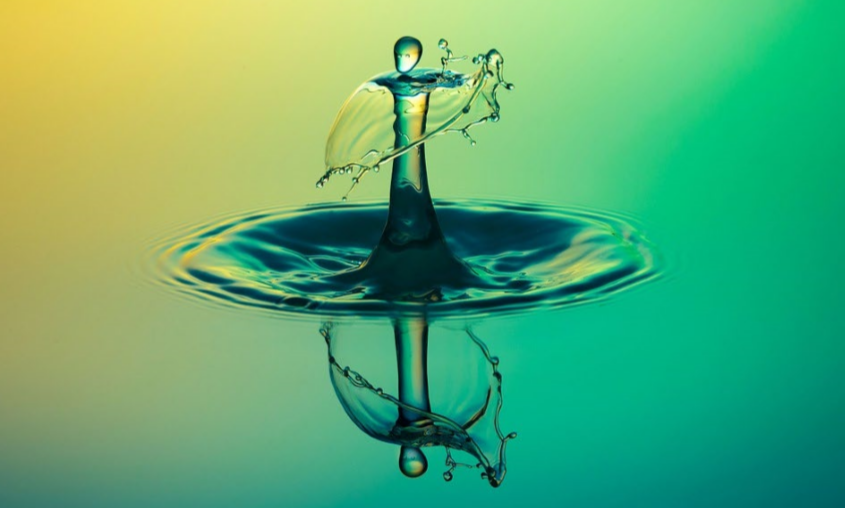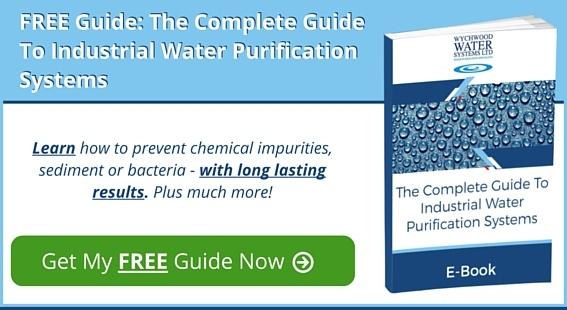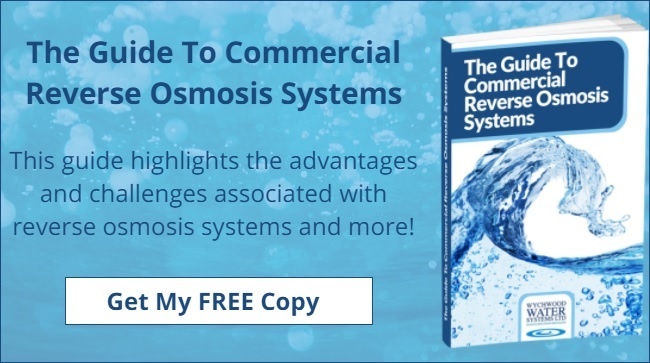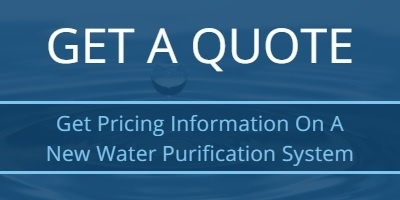
Ultra-pure water is used as a rinsing agent and ingredient where contaminants can damage the health of users or machinery. It refers to water that’s been cleared of all contaminants, including dissolved solids, organic and inorganic matter, and gasses. It’s most commonly known for its use in the pharmaceutical and semi-conductor industries, but several other sectors rely on it just as much.

Power Generation
Super-critical boilers rely on ultra-pure water for power generation. The water must be purified of H+ and OH- ions if it is to sustain the correct levels of water conductivity. Power plants generally rely on membrane filtration or ion exchange to achieve conductivity levels of 10 uS/cm, the same levels required in the semi-conductor industry.
Semiconductor Manufacturing
The semiconductor industry relies on both pure and ultrapure water to manufacture circuit boards and other sensitive electronic components. Many water-soluble minerals leave a residue that can impact performance, so demineralised water is frequently used. This is produced through deionisation in a resin exchange or electro-deionisation plant.
Pharmaceutical Manufacturing
The water purification requirements of the pharmaceutical industry vary according to the different ways manufacturers use water. When used for injections, water must be filtered in a way that keeps tight control over bacteria levels. Water must be completely sterile, so double pass reverse osmosis and distillation is often used. Osmotic pressure alone is able to provide the saline water required to clean machinery, while reverse osmosis is ideal for reducing bioburdens. By limiting the water-borne compounds microorganisms rely on to proliferate, high purity water can be produced less expensively. Particle removal supports bacteria control and reduces the risk of microbial contamination. Once it takes hold, contamination can be difficult to treat without chemicals which themselves affect the water quality. Water used in inhalants and dilutants must also be sterile, as must the steam used to sterilise products and machinery.
Food & Beverage Industries
The food and beverage industry is held to ever-increasing hygiene requirements, particularly in terms of water quality. Water used for producing intermediate and final products must be demineralised and filtered to pure levels. Some beverages require a specific mineral composition for their water – including many beers. To achieve this, brewers first remove all compounds from their water by deionisation or distillation, then re-add the desired minerals in the required quantities.
Agriculture
Water used for irrigation doesn’t normally need to be ultra-pure but must have the right pH level. Salinity and minerals are hazardous to sensitive crops, and residual nitrogen can expose them to algal growth, so it’s important that irrigation water be tested frequently. Where brackish water is required, reverse osmosis or fine filtration is a good way to maintain the right quality standards without removing essential salts.
Mining
The mining industry must recycle feed water and waste water so no contaminant is discharged into the water table. While ultra-pure standards aren’t required for this, coping with dense sludge and acidic mine drainage is demanding on a filtration system.
Find Out More
Clean water is the most universally important component in manufacturing, particularly in highly regulated industries and when dealing with delicate, conductive equipment. If it isn’t purified to your industry standards, it can cost you dearly in production costs. To find out more, please download a free copy of our Industrial Water Purification Guide.









 We are a specialist independent company involved in water purification and water treatment technologies
We are a specialist independent company involved in water purification and water treatment technologies


